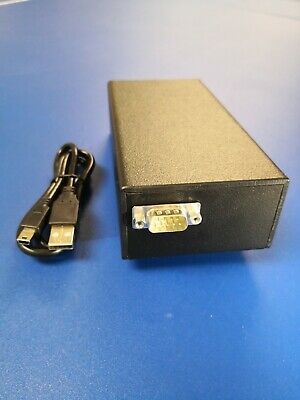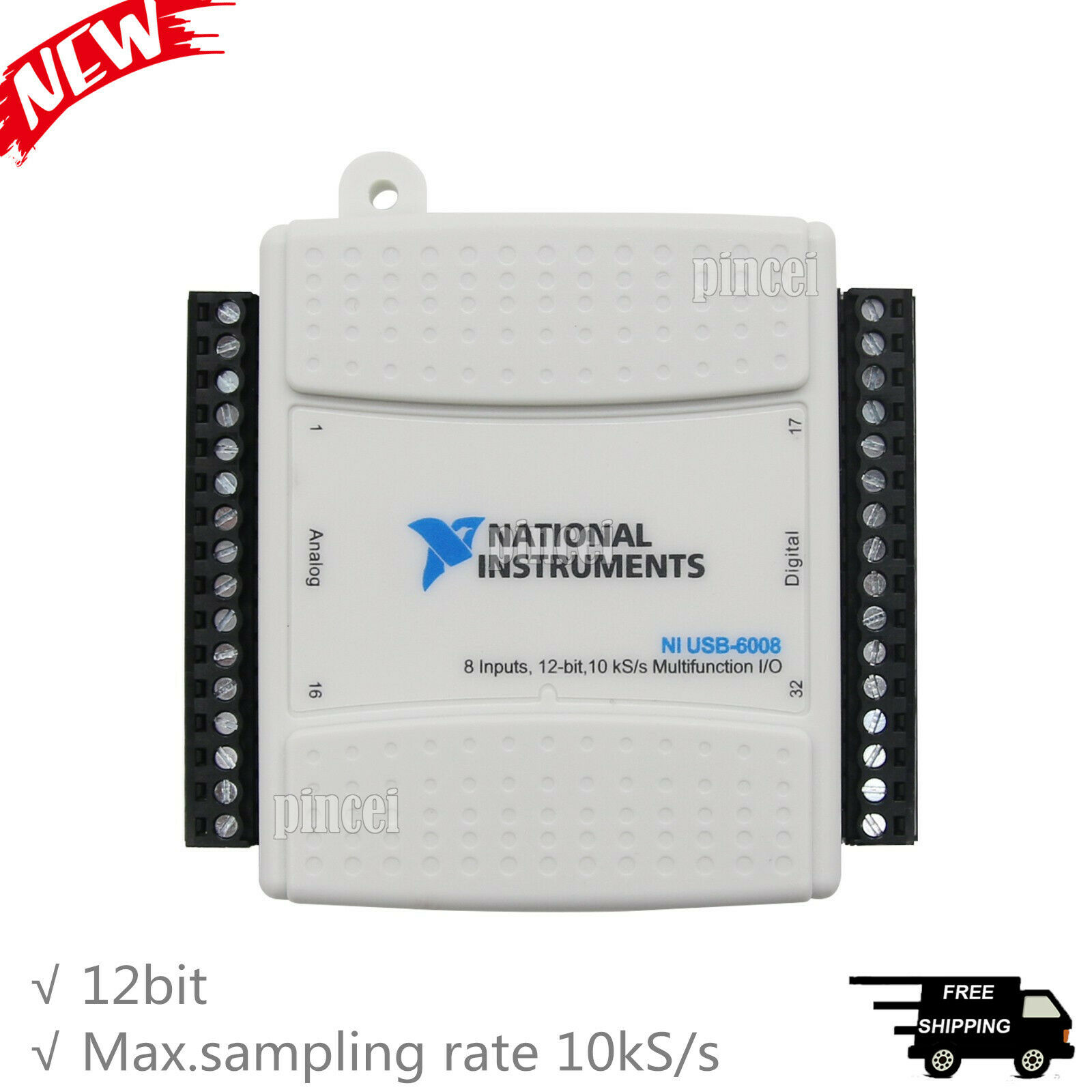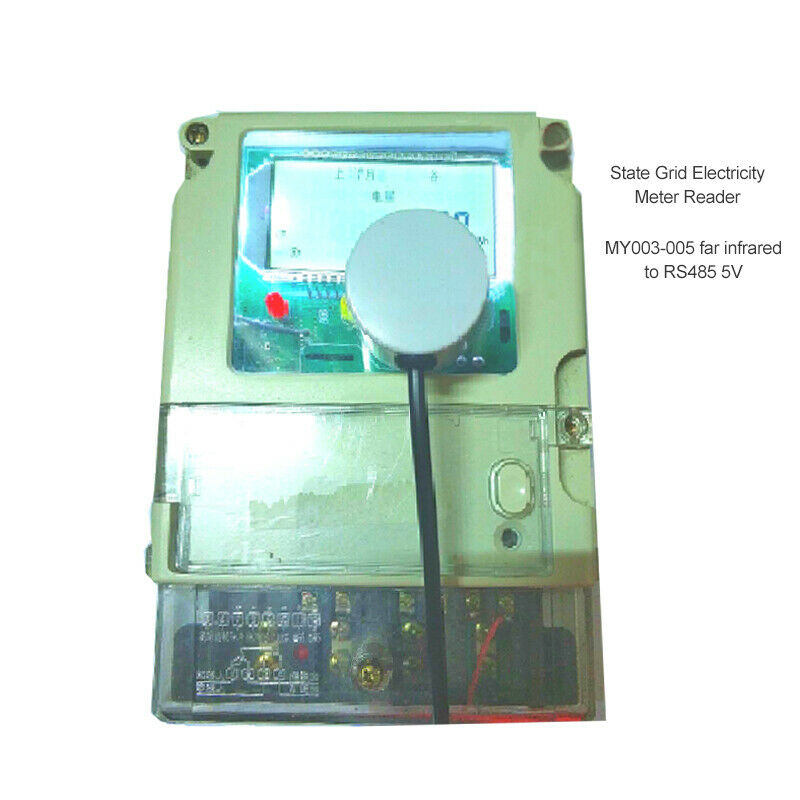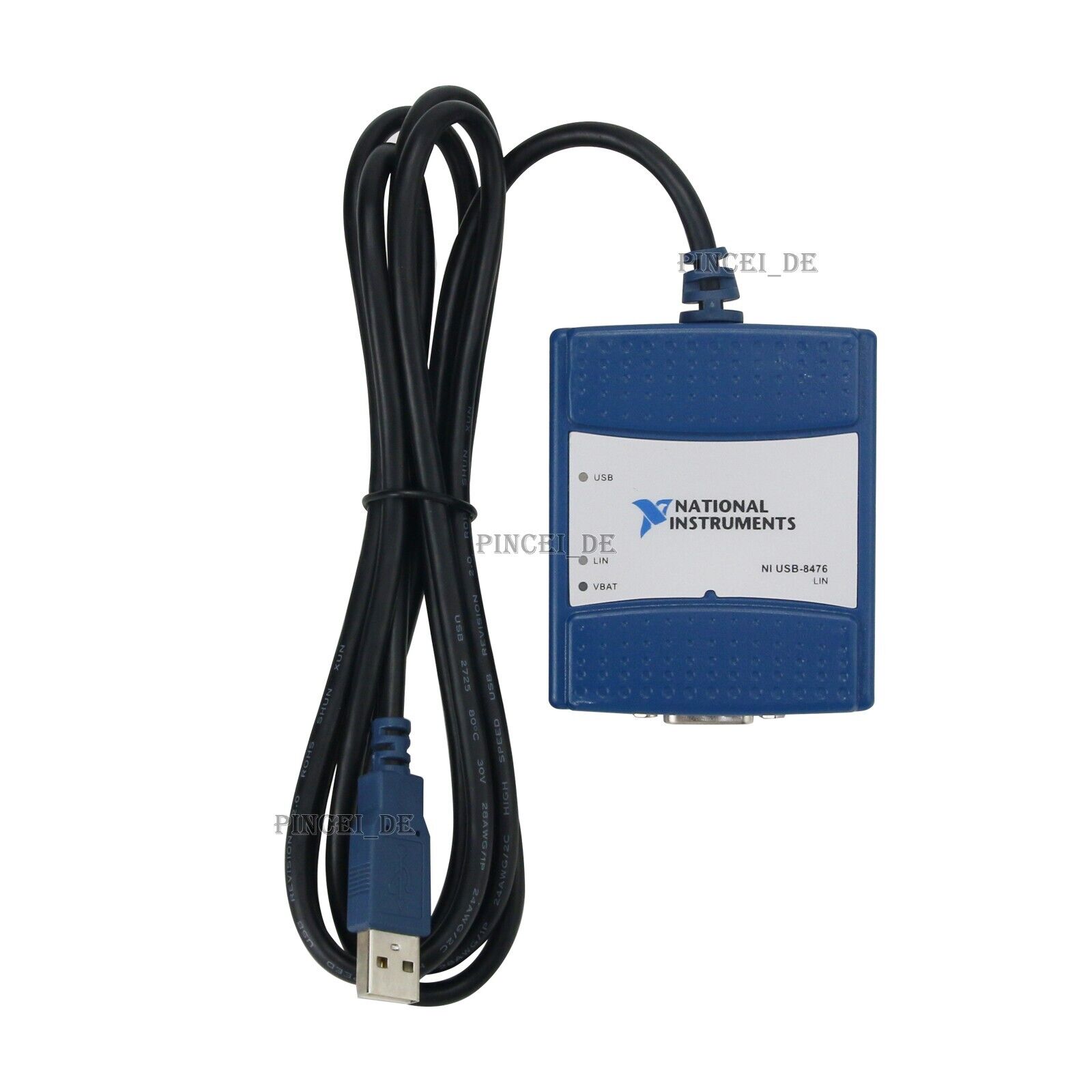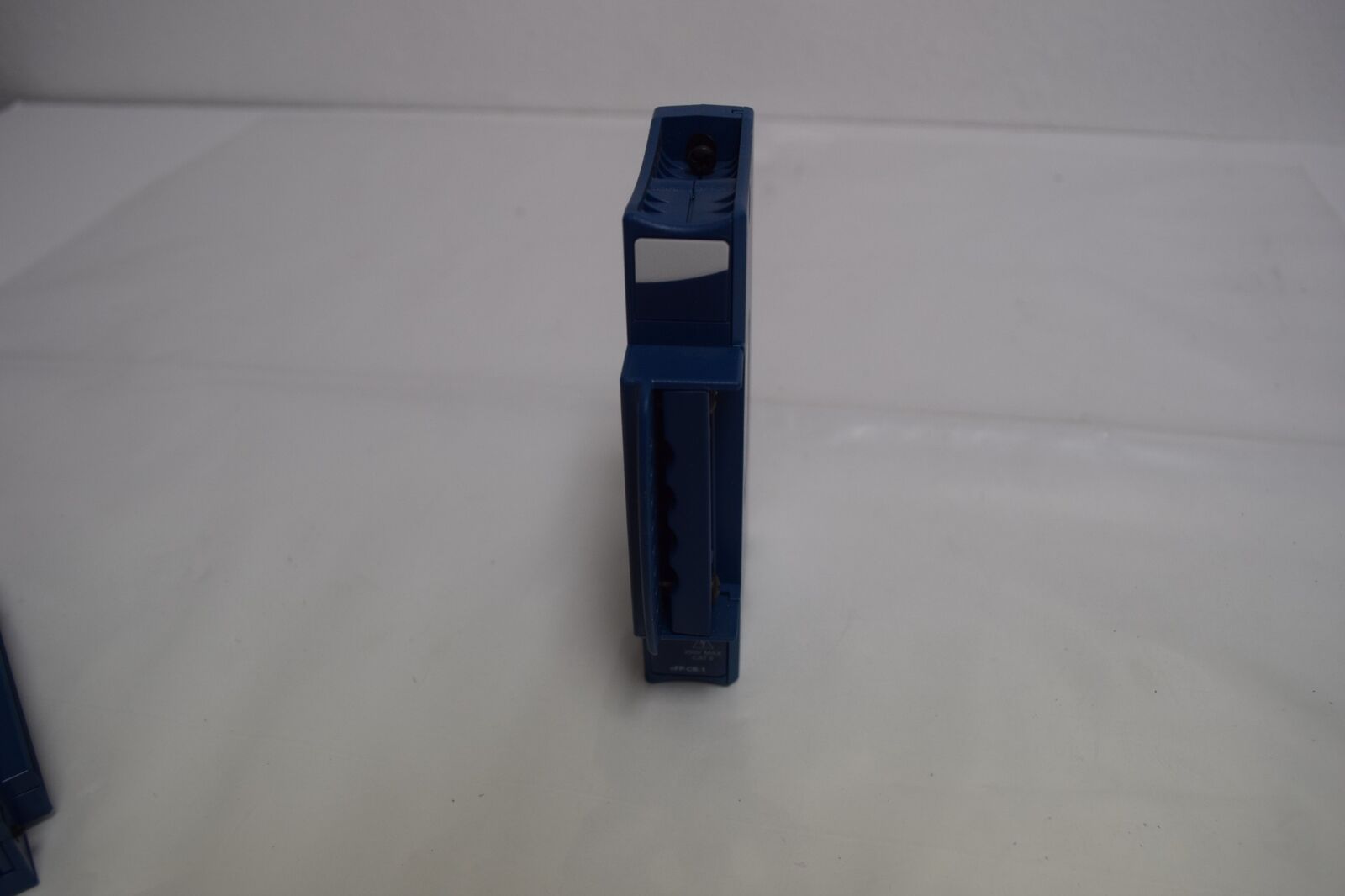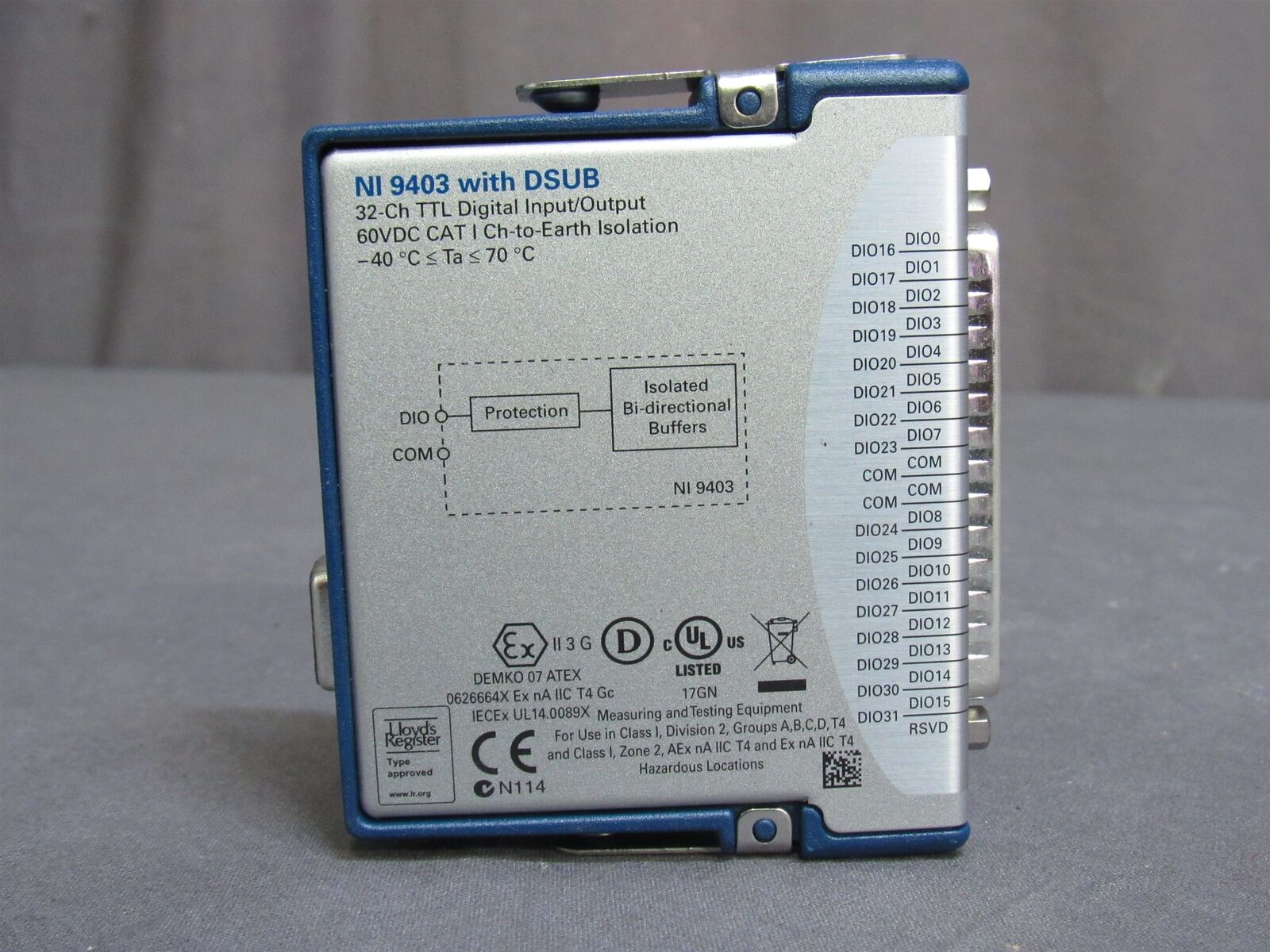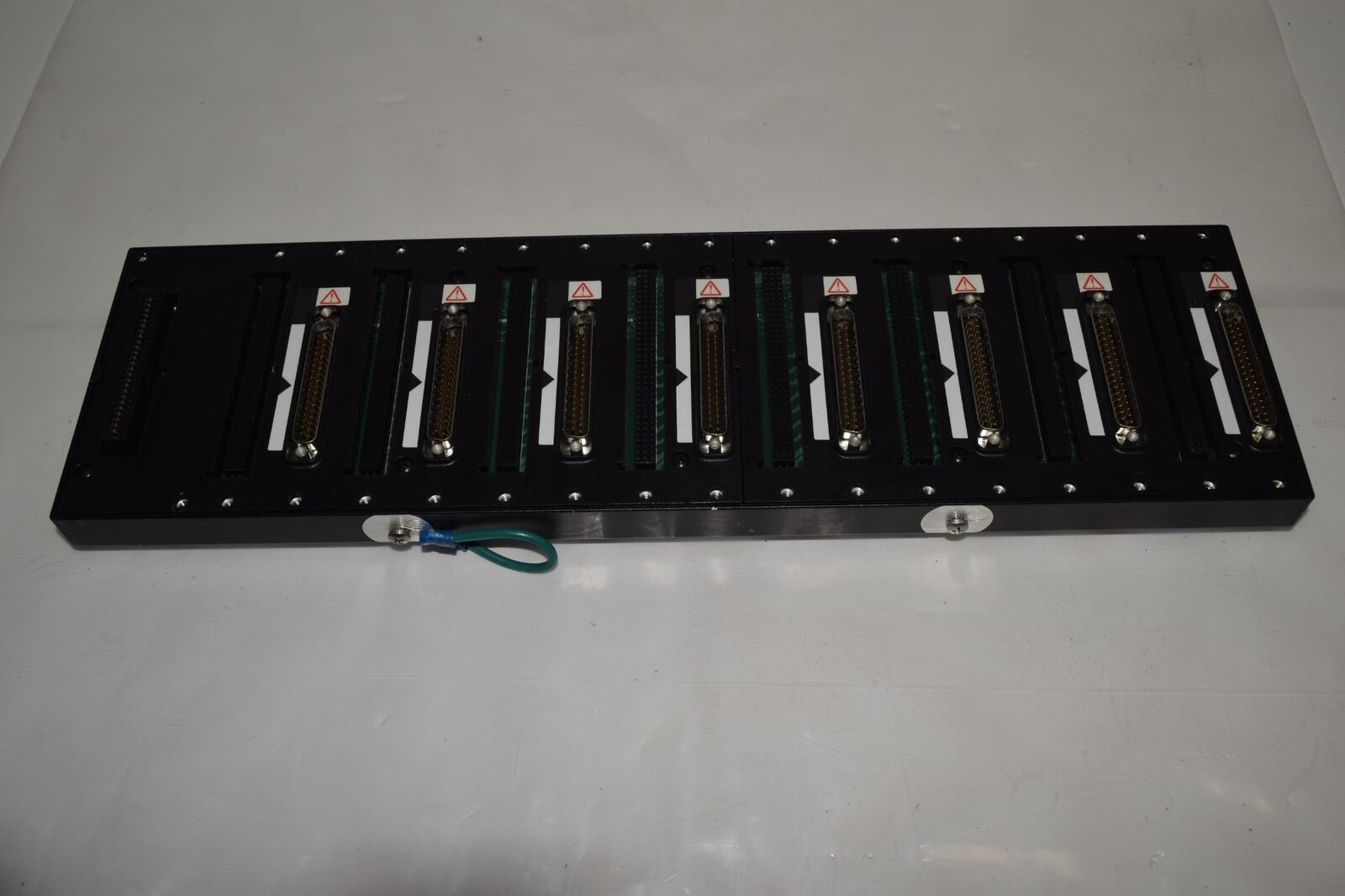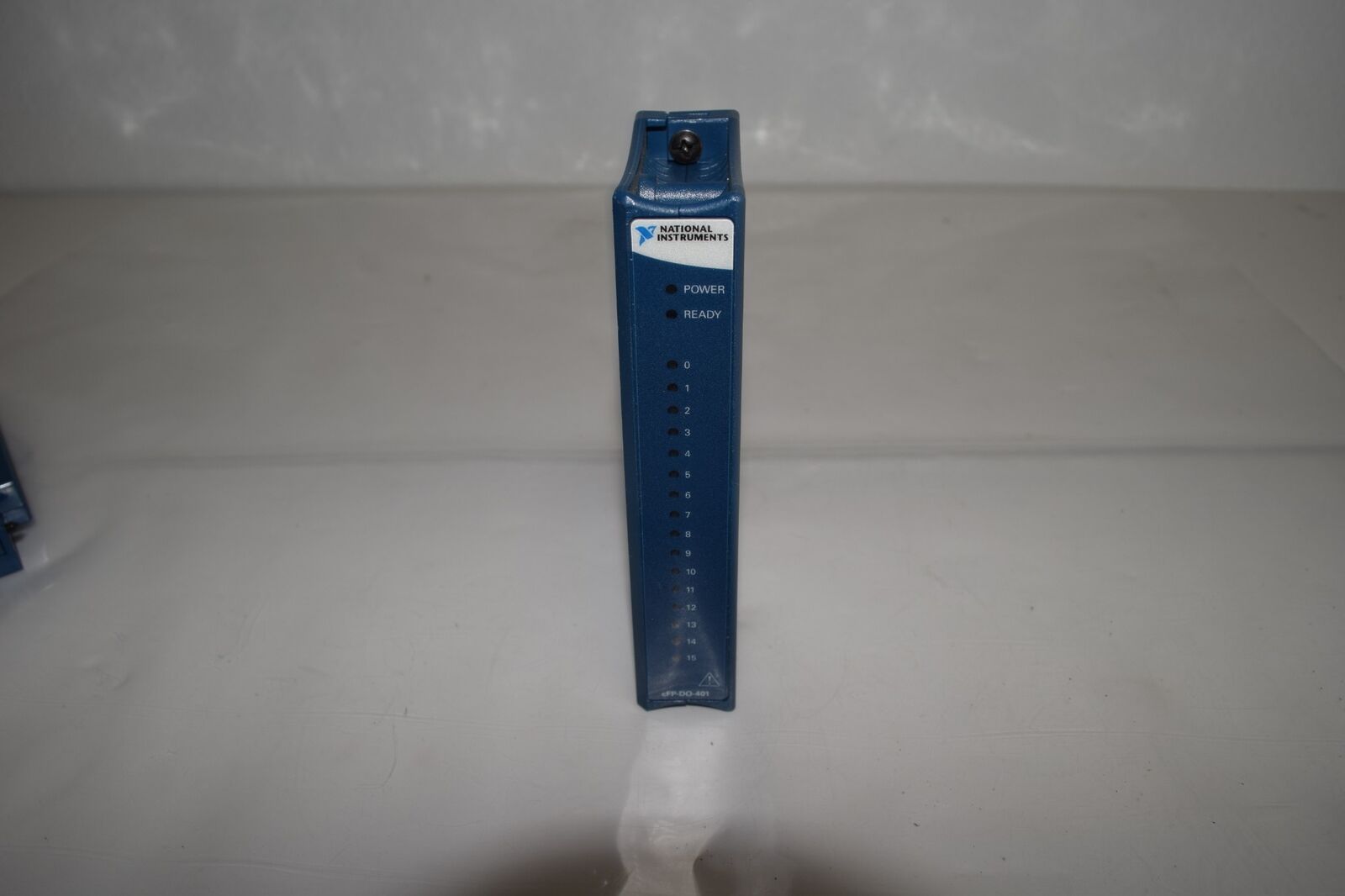-40%
CAN Bus Analyzer / OBDII reader with Windows based App
$ 105.59
- Description
- Size Guide
Description
Description:WiCAN201 has a single channel controller area network (CAN) bus interface that can be connected to any CAN bus network to communicate with other nodes. It has the capability of receiving all CAN traffic and sending regular or remote request CAN frames. It also has the capability of monitoring the bus in silent mode as if it does not exist. The applications include automotive CAN bus development, debugging, on-board diagnosis, and any industrial programs that need CAN communication.
Buyers of this product would be eligible to get a free application to receive and transmit CAN messages using on a general two-wire CAN bus or an OBDII interface. It is capable of work with standard IDs and extended IDs, regular or remote frames.
Technical details:
CAN channel: Single CAN high-speed up to 1 Mbit/s
Operating: -40 °C...+70 °C
Shipping and storage: -40 °C...+55 °C
Termination: internally terminated with 120 Ohm resistor
Isolation: non-isolated CAN transceiver power
Relative humidity of ambient air: 15 %...95 % non-condensing
Dimensions (L x W x H): 6 in x 2.8 in x 1.5 in
Operating system requirements: Windows 10 (64 bit)
Interface: DB9 male, and mini USB type B.
Driver support: royalty free library for customer application development
Software support: free Windows based CAN data collector application with filter settings and data conversion, plotting and exporting features
CAN Standard: Complies with ISO11898-1 (Bosch® CAN protocol specification 2.0 A and B)
